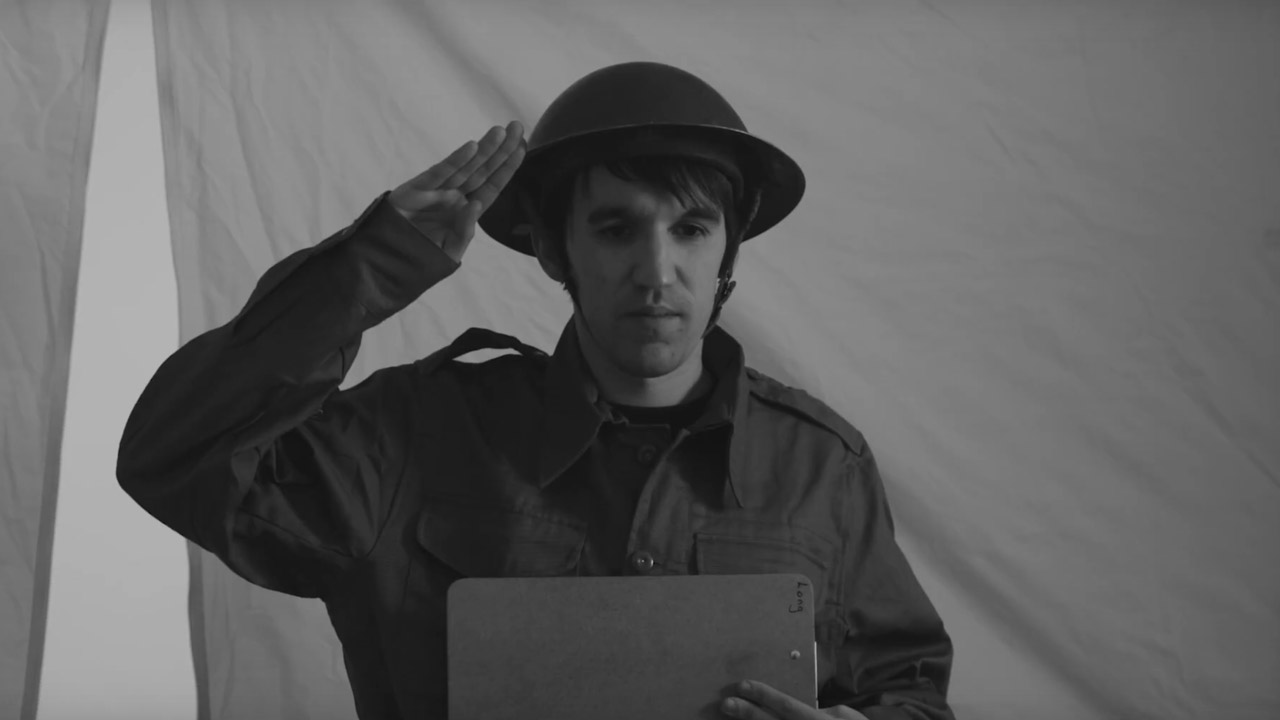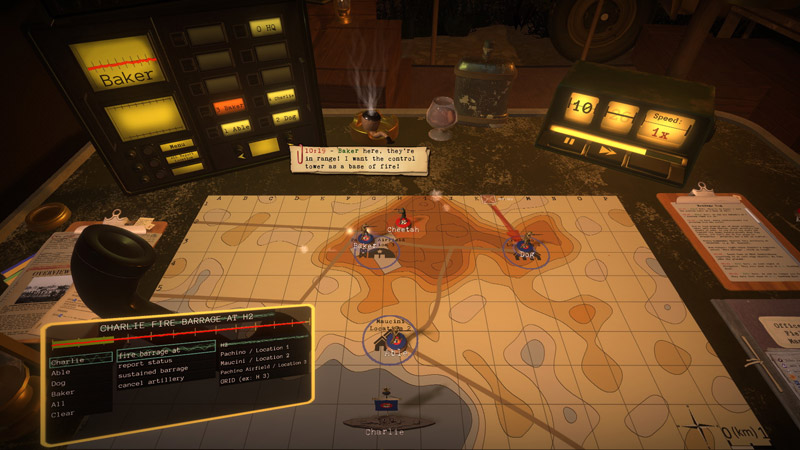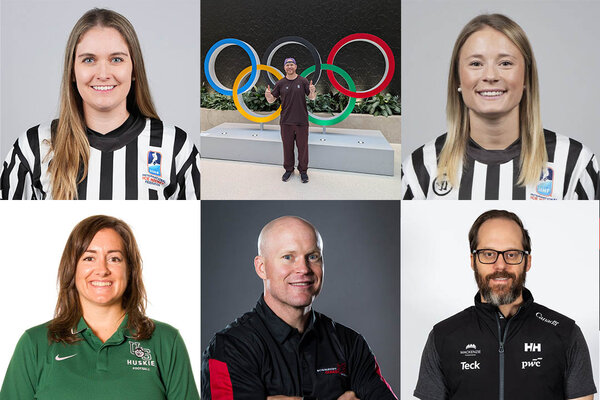
Radio General: USask alumnus releases strategy video game
Radio General is a PC game in which players take on the role of a Canadian general during the Second World War
By Chris Putnam
With the launch of an ambitious new video game, an alumnus of the University of Saskatchewan (USask) hopes to shake up the strategy game genre and highlight Canada’s role in the Second World War.
Radio General is the latest release by Foolish Mortals, an independent game company led by Department of Computer Science graduate Michael Long (BSc’15, MSc’19).
The game puts players in the role of a Canadian general during the Second World War. Stationed miles from the battlefield and using only a map and radio, players must command and win a series of battles.
“I play a lot of war games—computer games, board games. Canada is always overshadowed in terms of their contribution to the Second World War, and I wanted to rectify that,” said Long, who lives in Saskatoon.
Radio General launched April 9 on Steam, the world’s largest digital distributor of PC games. It can be played on Windows, Mac OS X and Linux computers.

Along with its Canadian perspective, Radio General is set apart from other war games by its focus on speech recognition technology. The player issues commands to virtual troops by speaking into a microphone.
“This is very unique. Even though voice commands are becoming more popular in phones and computers nowadays, like Siri and Cortana, it’s still basically unheard of in video games for some reason,” said Long.
Long spent about 2.5 years developing Radio General, completing most of the work himself. Supported by grants from the Canada Media Fund and Creative Saskatchewan, he hired part-time help on aspects such as the game’s music, artwork and multiplayer functions.
USask computer science PhD students Martin Dechant and Colby Johanson (MSc’17) were part of the small development team, and Long’s brother Dr. Jeff Long (BSc’04, MSc’06, PhD)—a lecturer in the Department of Computer Science—acted as a consultant.
More Saskatchewan connections can be seen in the game’s live-action trailer, which was filmed in Saskatoon and features authentic Second World War uniforms and equipment loaned from the Saskatoon Museum of Military Artifacts. British battle maps seen in the background were borrowed from the collection of USask’s Murray Library. Long plays the role of a Canadian Armed Forces major in the trailer.
Radio General’s unusual premise was partly inspired by necessity. Most modern strategy video games portray detailed real-time battlefields with hundreds of units. It was impossible for Long, working largely by himself, to produce the vast amounts of artwork and animation needed for a traditional war game.
“That’s what spawned the idea of Radio General, where you’re just a guy sitting at a table with a radio,” said Long. “You don’t see anything. You have to ask your guys where they are and they’ll tell you what’s going on.”
That down-to-Earth approach adds another layer of realism to an exceptionally authentic Second World War game. Long read multiple textbooks about Canada’s involvement in the war and hired Logan Richards (BA’13), a graduate of the Department of History, as a researcher to make Radio General as historically accurate as possible.
Each of the game’s missions are based on actual Canadian Second World War missions. Between stages, players are shown wartime videos and documents sourced from Library and Archives Canada.
“(Players) should learn a bit about the Canadian experience during the war,” said Long, who has started discussions with local schools about using Radio General as a classroom teaching tool.

A two-time USask graduate who has worked as a sessional lecturer in the College of Arts and Science, Long was first inspired to create games when he took a computer science course on game development as an undergraduate.
“That really sparked my interest. It was really cool,” said Long, who cultivated his passion by participating—first as a competitor and later as chief organizer—of the Game With US Game Jam, a weekend game development event co-hosted by the Department of Computer Science.
He started development of Radio General while pursuing his master’s degree. Long focused his graduate studies on latency in video games, working in the computer science department’s Human-Computer Interaction (HCI) Lab under the supervision of Dr. Carl Gutwin (BSc’88, MSc’91, PhD).
Long said both of his degrees were “a great opportunity” to learn, and praised Gutwin and the other faculty of the HCI Lab. “They’re world-class teachers, and there’s a reason they’re famous all over the world.”
On Steam, user reviews of Radio General have been strongly positive. Long said that sales of the game will determine what he does next, and that he might teach more courses at USask before starting work on Foolish Mortals’ next title.


